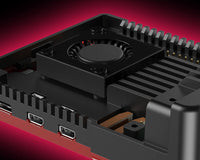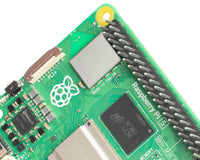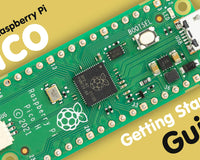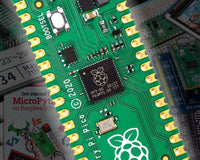Raspberry Pi Roundup - 14th August 2015
Marine ecology

A team from the University of São Paulo in Brazil have developed an open-source solution for monitoring marine habitats. The device, known as a Passive Acoustic Monitoring device, is a sonic spectrometer which measures underwater audio signals and records them, thus allowing researchers to analyse the data and detect both marine wildlife and human-made sound disturbances. The device, which uses a Raspberry Pi model A to record data onto an 128GB SD card, costs an estimated $500, which is about a 1/6th of the cost of other commercial offerings. Read more about this over at the Raspberry Pi Foundation or read the original paper from the Brazillians.
Remote temperature

Software developer Patrick Drechsler is interested in the Internet of Things. So, he decided to look at some of the devices created by IoT company Wireless Things (formerly Ciseco). He purchased some items from them which gave him two coin cell-powered boxes to measure temperature. He then used a Slice of Pi board and another wireless card to receive the signals. He’s written software to record the data and to display it to the screen. Read more here.
Rocket!
The Portland State Aerospace Society launched a rocket 3 miles straight up on the 19th July from the Oregon desert. Eventually, at around Mach 1, the 3D printed housing cracked and the camera fell out, but the footage up to that point is stunning. Eventually the group hopes to place a nano-satellite into orbit. You can read more about their plans over at Popular Mechanics and you can see the video footage below:





